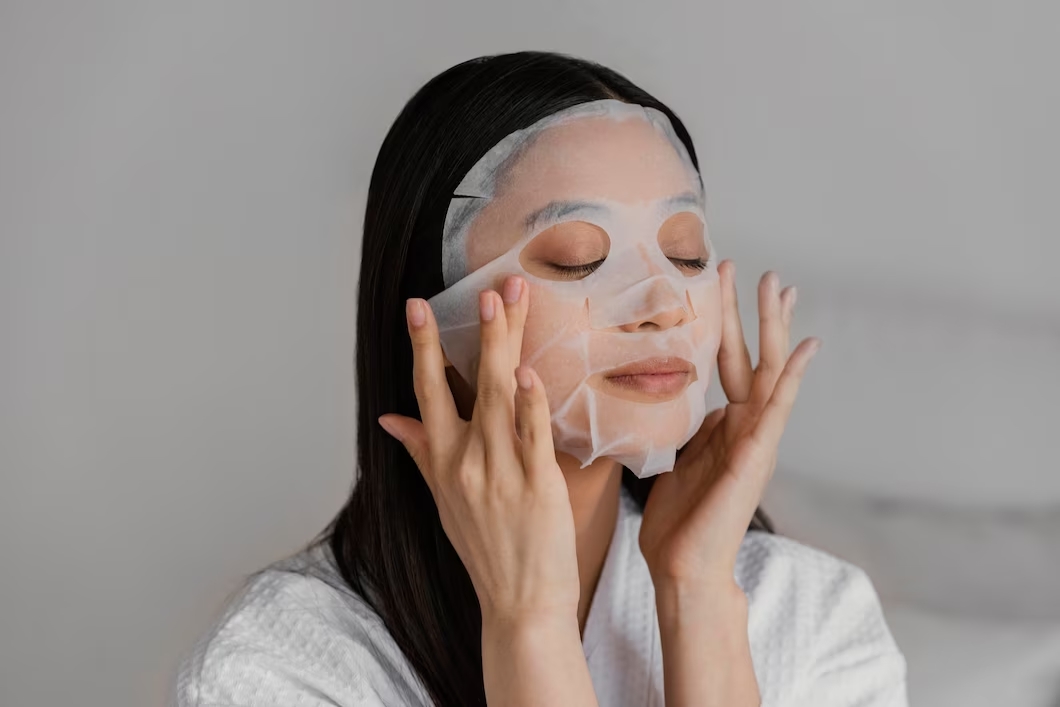A policy intended to pay for all or part of the expenses of receiving private medical care is called health insurance, sometimes referred to as private medical insurance (PMI). You may rest easy knowing that, in the event that you or a loved one becomes ill, they will have access to the best care at a time and location that works for you. We will go over the fundamentals of health insurance in this extensive tutorial, including how to choose the best policy and comprehend its pricing and benefits. We’ll also discuss the distinctions between cash plans and health insurance, enabling you to make knowledgeable judgments about your medical requirements.
Introduction
Health insurance is like a safety net, catching you when unexpected medical costs come crashing down. It’s a contract between you and an insurance company, where you pay a premium in exchange for the company covering part of your medical expenses. But why is it so crucial? Without it, a single hospital visit could drain your savings.
History of Health Insurance
Early Beginnings
The concept of health insurance isn’t new. It dates back to ancient times when guilds and societies would pool money to help members during illness or injury. Fast forward to the late 19th century, and we see the introduction of modern health insurance in Germany, which inspired other nations to adopt similar systems.
Evolution Over the Years
Health insurance has come a long way since its inception. The 20th century saw the rise of employer-sponsored insurance in the U.S., largely due to tax incentives and World War II wage freezes. The Affordable Care Act (ACA) was introduced in 2010, significantly reforming the industry by expanding coverage and consumer protections.
Types of Health Insurance Plans
Employer-Sponsored Insurance
Most Americans receive health insurance through their employers. These plans often come with lower premiums since companies cover a significant portion of the cost. They also provide a range of coverage options, allowing employees to select what best suits their needs.
Individual and Family Plans
For those who are self-employed or whose employers do not offer insurance, individual and family plans are available through the health insurance marketplace. These plans vary widely in coverage and cost, and they allow for more personalization to fit specific health needs.
Government Programs
Government programs like Medicare, Medicaid, and the Children’s Health Insurance Program (CHIP) offer coverage to specific groups, such as seniors, low-income individuals, and children. These programs are vital for ensuring that vulnerable populations have access to necessary medical care.
Key Terms to Know
Premiums
A premium is the amount you pay monthly for your health insurance. It’s like a subscription fee that keeps your coverage active, whether or not you use medical services.
Deductibles
A deductible is what you pay out of pocket before your insurance kicks in. Think of it as a threshold you must cross to access the financial help your plan offers.
Co-payments and Coinsurance
Co-payments are fixed amounts you pay for specific services, like doctor visits. Coinsurance, on the other hand, is the percentage of costs you share with your insurance company after meeting your deductible.
How Health Insurance Works
The Process of Getting Insured
Getting insured involves selecting a plan, paying your premiums, and using your insurance card when seeking medical services. It’s essential to choose a plan that fits your health needs and budget.
How Claims are Processed
When you receive medical services, the provider sends a bill to your insurance company. The company then reviews the claim and pays its portion, leaving you responsible for the remaining costs, such as deductibles and co-payments.
Benefits of Health Insurance
Financial Protection
Health insurance protects you from exorbitant medical bills. With coverage, you pay only a fraction of the costs, shielding your savings from unexpected expenses.
Access to a Wide Network of Doctors
Most health insurance plans offer access to a network of healthcare providers, ensuring you receive quality care from trusted professionals. This network typically includes specialists, hospitals, and pharmacies, all working together to keep you healthy.
How to Choose the Right Health Insurance Plan
Assessing Your Needs
Start by evaluating your healthcare needs. Do you visit the doctor frequently, or do you prefer a plan with lower premiums? Consider factors like chronic conditions, prescription medication needs, and your preferred healthcare providers.
Comparing Different Plans
Once you know your needs, compare plans based on coverage, costs, and network providers. Look at the fine print to understand what is covered and what isn’t. It’s crucial to strike a balance between affordability and comprehensive coverage.
Common Mistakes to Avoid
Ignoring the Fine Print
Don’t overlook the details of your insurance policy. Make sure you understand what is covered, any exclusions, and the terms of your plan. A little attention to detail can save you from surprises down the road.
Overlooking Network Restrictions
Always check if your preferred doctors and hospitals are in-network. Using out-of-network providers can lead to higher out-of-pocket costs, negating the benefits of having insurance.
The Role of Health Insurance Agents
How They Can Help
Health insurance agents are like navigators in the sea of policies. They can help you compare options, explain complex terms, and ensure you get the best deal for your needs. Their expertise can be invaluable, especially if you’re unfamiliar with the intricacies of health insurance.
When to Seek Their Advice
Consider reaching out to an agent if you’re overwhelmed by choices or have specific questions about coverage. They can provide personalized recommendations based on your unique situation.
Understanding Health Insurance Regulations
ACA and Its Impact
The Affordable Care Act (ACA) brought significant changes to health insurance in the U.S. It expanded Medicaid, established health insurance marketplaces, and introduced consumer protections like coverage for pre-existing conditions.
State vs. Federal Regulations
Health insurance is regulated at both the state and federal levels. States can implement their own rules, provided they meet federal minimums. This dual regulation can lead to variations in coverage options and consumer protections across states.
The Future of Health Insurance
Emerging Trends
As technology advances, we see trends like telemedicine and personalized health plans gaining traction. These innovations aim to make healthcare more accessible and tailored to individual needs.
Technological Innovations
Artificial intelligence, data analytics, and wearable technology are revolutionizing the industry. These tools help insurers predict health trends, personalize plans, and improve the overall customer experience.
Myths About Health Insurance
Common Misconceptions
Many people believe that the more expensive a plan is, the better it is. However, cost doesn’t always equate to quality. It’s crucial to look at coverage specifics rather than just price.
Truths Behind the Myths
Not all plans cover every medical service. It’s essential to understand what your policy includes and excludes, to avoid unexpected expenses. Also, health insurance doesn’t mean you’ll never pay out of pocket, but it does significantly reduce your financial burden.
Conclusion
Health insurance is a vital component of financial stability and personal health. By understanding the various aspects of insurance, from types of plans to common pitfalls, you can make informed decisions that best suit your needs. Remember, the right health insurance plan is one that balances coverage, cost, and peace of mind.
Frequently Asked Questions (FAQs)
1. What is a premium in health insurance?
A premium is the monthly fee you pay to keep your health insurance active. It’s like a subscription fee for your insurance plan.
2. What’s the difference between co-payments and coinsurance?
Co-payments are fixed fees you pay for specific services, while coinsurance is a percentage of costs you share with your insurer after meeting your deductible.
3. How do I choose the right health insurance plan?
Start by assessing your healthcare needs, then compare plans based on coverage, costs, and provider networks. Make sure the plan fits both your health needs and budget.
4. Can I change my health insurance plan outside of open enrollment?
Typically, you can only change plans during the open enrollment period, unless you experience a qualifying life event like marriage, divorce, or job loss.
5. Are all my medical expenses covered with health insurance?
Not necessarily. Health insurance covers a portion of your medical expenses, but you may still need to pay out-of-pocket costs like deductibles, co-payments, and uncovered services.


 Business2 years ago
Business2 years ago
 Tips & Tricks2 years ago
Tips & Tricks2 years ago
 Law2 years ago
Law2 years ago
 Business2 years ago
Business2 years ago
 Technology2 years ago
Technology2 years ago
 Business2 years ago
Business2 years ago
 Game1 year ago
Game1 year ago
 Lifestyle2 years ago
Lifestyle2 years ago









